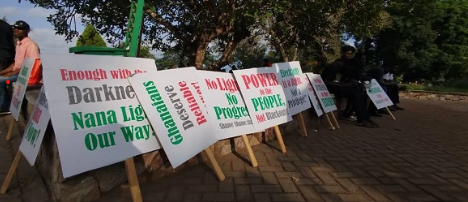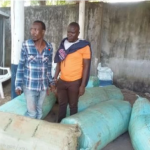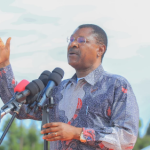On Saturday, hundreds of Ghanaians peacefully protested in Accra against power supply outages that are disrupting businesses and daily life across the nation. Dressed in red and black, with leaders wearing red berets, demonstrators marched through the capital, urging the government to stabilize the power supply.
Chanting patriotic songs and carrying kerosene-powered lanterns to symbolize their plight, the large crowd caused traffic gridlock in the evening. Despite being one of the first African countries to aggressively pursue electrification, Ghana continues to suffer from chronic power shortages and struggles to expand capacity to meet growing demand.
The protest, dubbed the #DumsorMustStop vigil—”dumsor” meaning power cuts—was organized by prominent Ghanaian actress and film producer Yvonne Nelson.
“I am feeling the heat, and I am here to voice out,” Nelson told AFP.
Also joining the protest, Ghanaian comedian DKB told AFP: “These unannounced power outages are killing our craft. We need stable electricity to thrive.”
Ordinary Ghanaians also voiced their frustration.
Shop owner Anita Twumasi was visibly distressed as she shared how the power outages affected her six-month-old baby.
“My baby cannot stand the heat. Every time the power goes off, I worry for her health,” she said.
Protesters blamed the power cuts on the New Patriotic Party (NPP) government’s alleged failure to pay for necessary fuel. They wielded signs with slogans such as “NPP, you’ve failed the youth,” “No light, no progress,” and “Electricity is a right, not a privilege.”
Electricity has become a major campaign issue in Ghana, a country rich in gold and oil, ahead of the elections in December. Kwame Danso, a local barber, lamented the loss of business due to the unreliable power supply. “No light, no customers. How are we supposed to make a living?” he asked, holding a placard that read: “Stop the blackouts, save our jobs.”



